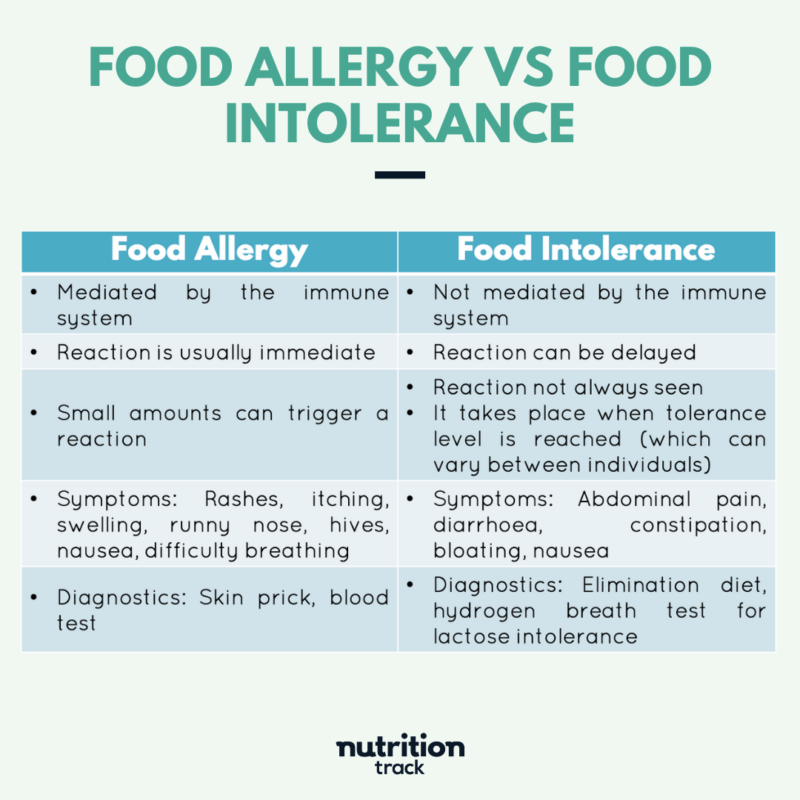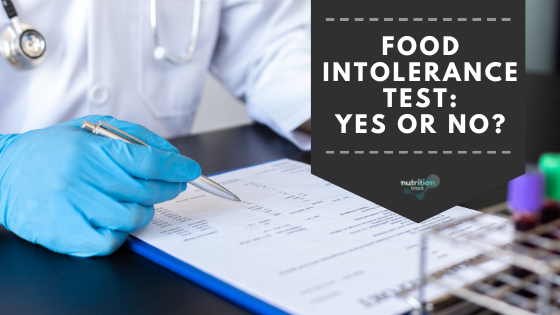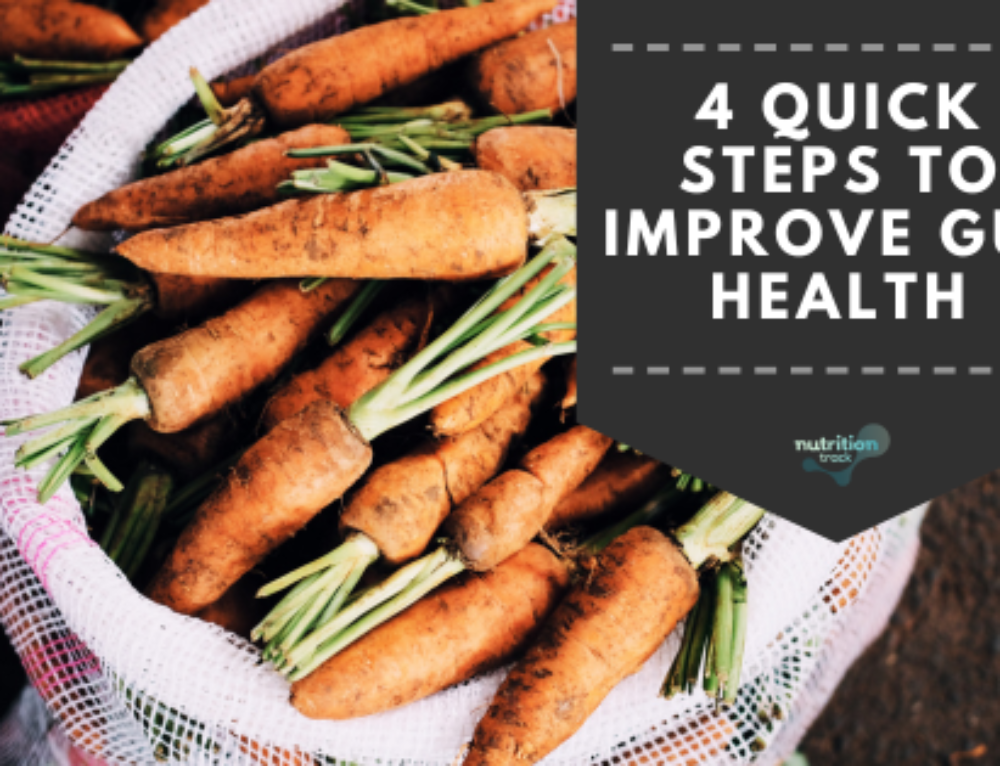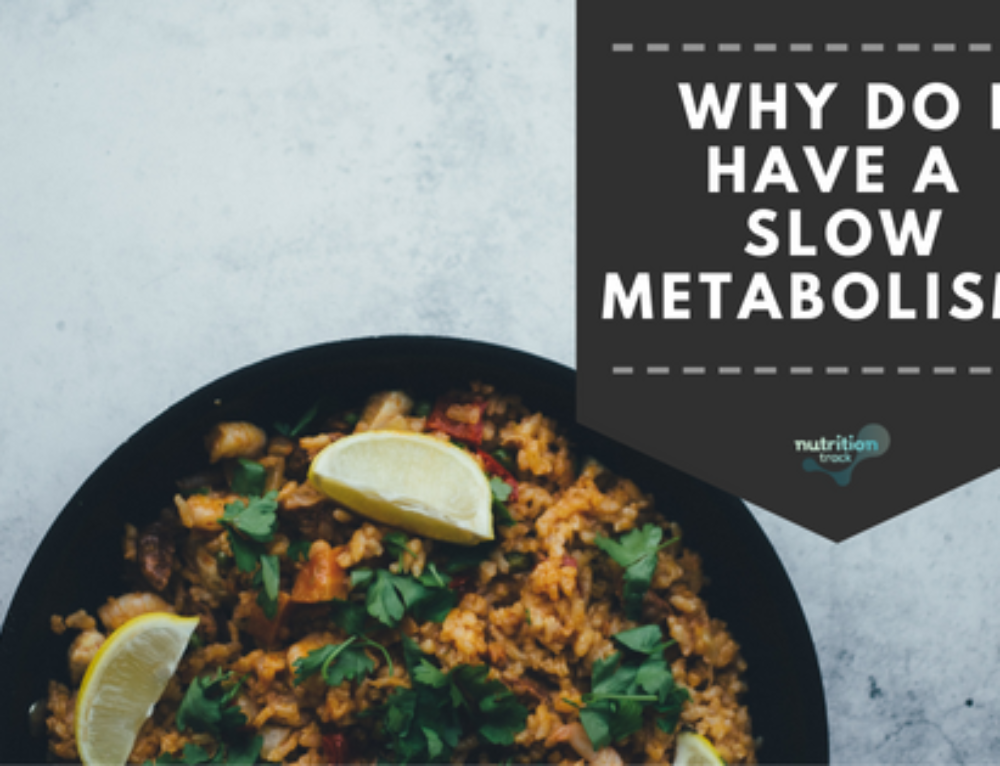Food intolerance/sensitivity testing has become very popular. Many of these tests claim that there is a link between food intolerances and a whole host of medical conditions including headaches, chronic fatigue, bloating, skin issues etc.
However, can you actually test for a food intolerance? Are these tests valid and supported by scientific evidence?
Let’s find out!
First of all, let’s look at the differences between food allergies and food intolerances.

Food allergies are IgE mediated, which can be tested. However, when it comes to food intolerances, it becomes a lot trickier. To date, there is no valid test for food intolerances.
Food intolerance testing looks at IgG. According to the European Academy of Allergy and Clinical Immunology, many samples show positive IgG4 results WITHOUT clinical symptoms. The American Academy of Allergy, Asthma & Immunology also mentions that IgG and IgG subclass antibody tests for food allergies are not validated, have no clinical relevance, lack sufficient quality control, and should not be performed. This is also in line with the Canadian Society of Allergy and Clinical Immunology, where they strongly advice against these tests for the purpose of predicting or identifying adverse food reactions.
If that’s the case, why do some people see results or feel better after these tests?
As mentioned, food intolerance tests look at IgG, which simply reflects exposure to a food. Therefore, the results will reflect your current diet and you will be told that these are the foods that you are intolerant to. Fun fact: high levels of IgG is associated with immune TOLERANCE (not intolerance) to a food!
What happens after that is that you end up cutting out all of these foods to the point that you may end up cutting out a food that you are actually intolerant to by CHANCE!
The other thing that typically happens after these tests is that individuals may start to improve their diet – including more fruits, vegetables etc, which does improve overall health and wellbeing AKA they may start feeling better!
The issue with these tests:
- You end up avoiding and cutting out foods that you are not intolerant to
- Potential nutrient deficiencies
- Unnecessary stress
- Risk of developing disordered eating behaviours and anxiety around food
In short, these tests are NOT VALID and a total waste of money.
If you think you might have an issue, PLEASE seek help from a qualified doctor/health professional/dietitian.
Questions?
References:
-
Lee, T. H., Wu, Y. Y., Chan, J. K., Ho, M. H. K., Li, P. H., & Sou Da Rosa Duque, J. (2017). Immunoglobulin G testing in the diagnosis of food allergy and intolerance.Hong Kong Medical Journal.
-
Stapel, S. O., Asero, R., Ballmer‐Weber, B. K., Knol, E. F., Strobel, S., Vieths, S., & Kleine‐Tebbe, J. (2008). Testing for IgG4 against foods is not recommended as a diagnostic tool: EAACI Task Force Report.Allergy,63(7), 793-796.








Leave A Comment